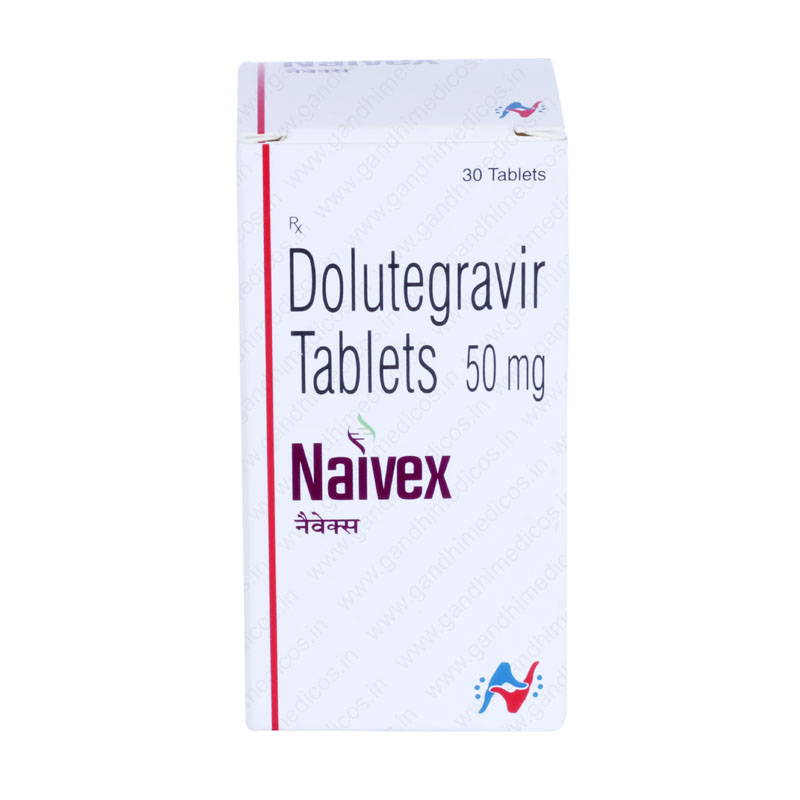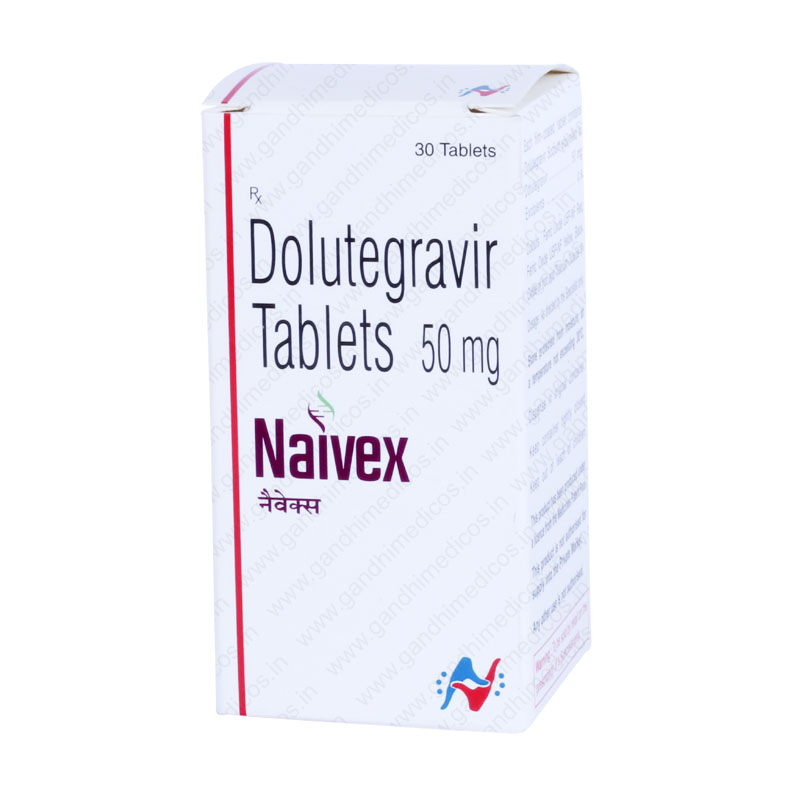What are the Different Stages of HIV Infection?
Human Immunodeficiency Virus
 HIV infection symptoms will vary considerably from person to person and therefore do not appear for months or years in some people.
HIV infection symptoms will vary considerably from person to person and therefore do not appear for months or years in some people.
If HIV infection is not treated with medicines like dolutegravir 50 mg, it will advance through the phases described below. Viral replication causes greater and more harm to the body’s immune system without antiretroviral treatment for HIV.
However, you can keep the infection under control and prevent it from spreading further with the proper medication like Dolutegravir. The sooner you begin treatment after testing positive, the better your chances of success. Below are four primary stages of HIV Infection:
1. Acute HIV Infection Stage
Early signs of HIV can cause nausea and vomiting. Around 1-4 weeks after you get Human Immunodeficiency Virus , you will feel sick. Many of these symptoms don’t last very long (a week or two). Some individuals face just a few symptoms, while others experience none at all.
Symptoms can be:
- There was a fever (a rise in temperature)
- Sore Throat
- Lots of pain in your head, stomach, and your joints.
You have infectious cells associated with HIV all over your body. They occur because your body is fighting with HIV. This is called seroconversion, and it happens when your body makes antibodies to fight the virus, like HIV antibodies. It can take up to only a few months for this process to occur.
Having these signs by itself does not mean that you have Human Immunodeficiency Virus, but they are signs you might get if you are infected. Consult your healthcare professionals or go to the hospital and take a test to determine if you have HIV or not. You should always see your doctor if you’re worried about it or believe that you’ve been at risk for having HIV, even though you don’t feel sick and don’t have any signs. They can then set up a time for you to get checked out.
An Human Immunodeficiency Virus (HIV) test does not always make an appearance at this preliminary phase. You might have to test once again later to make absolutely sure that your results are correct. Your doctor or nurse will talk to you about when your test will be and answer any questions you possess. If you’re concerned about HIV, don’t wait to consult with a healthcare professional.
In the early stages of the infection, your bloodstream has a high concentration of Human Immunodeficiency Virus (HIV), making you more likely to transmit the virus to others. The best way to maintain yourself and your partner safe while having sex is to use contraceptives, specifically when you suspect that you’ve been infected with HIV.
2. Asymptomatic Stage Of HIV
The asymptomatic stage of HIV infection has no visible, noticeable symptoms, as the name implies. This stage can continue for several years (in general, 8 to 10 years), and many individuals are unaware that they are infected until they have an Human Immunodeficiency Virus (HIV) test. Even if a person appears to be in good health, HIV continues to damage their immune system and affect other parts.
3. Symptomatic Stage Of HIV
An infected person’s immune system becomes significantly damaged by the third stage of Human Immunodeficiency Virus infection. They’re more susceptible to get major illnesses or diseases that perhaps the body might normally be capable of fighting off at this time. Opportunistic infections are the term for these infections.
Amongst some of the signs and symptoms are:

- Loss of Weight.
- Diarrhea for a long time.
- Sweats at night
- Fever/Sickness.
- Coughing for a long time
- Problems with the mouth and skin
- Infections occur often.
- A severe sickness or disease
4. The Final Stage [AIDS]
AIDS is the most advanced, most dangerous, and final stage of Human Immunodeficiency Virus (HIV) infection. The body cannot fight against opportunistic infections since HIV has severely impaired your immune system. If a person’s CD4 count is less than 200 cells/mm3 or whether they have specific opportunistic diseases, they will be diagnosed with AIDS.
Once individuals are diagnosed with AIDS, they will have a higher viral load and are extremely susceptible to transmitting HIV to others. People with AIDS have a three-year survival rate if they do not receive any therapy, treatment, or medication.
Naivex (Dolotegravir) is a pharmaceutical drug which is used in combination with other drugs to cure HIV infection.





 :
:  +91 – 9999064250 | 9811604444 | 9811604424
+91 – 9999064250 | 9811604444 | 9811604424


